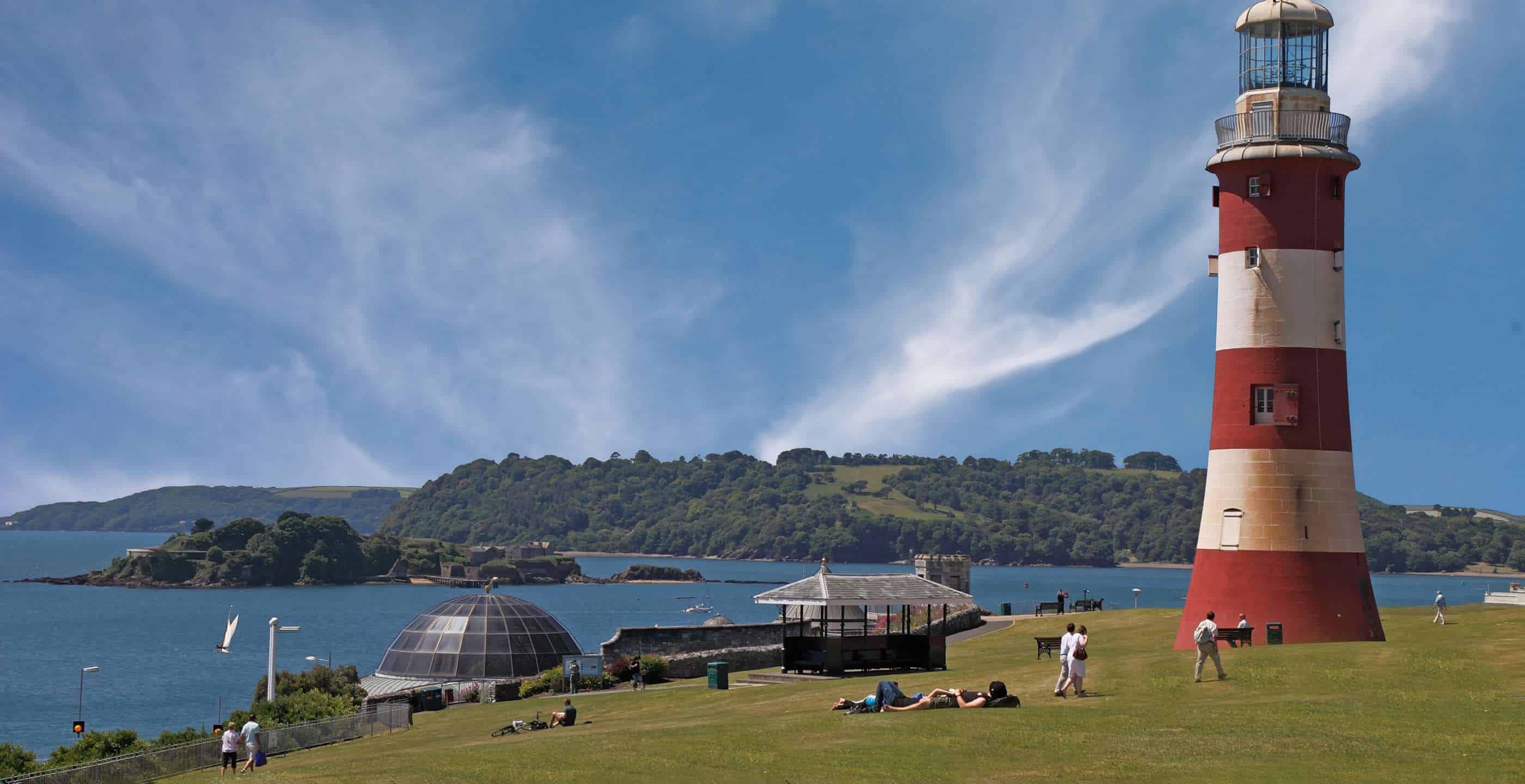 Basic geography lesson for non-UK readers.
Basic geography lesson for non-UK readers.
It will undoubtedly come as a surprise to learn that ‘England’ consists of more than just ‘London’. Yes, I’m looking at you, Americans. It actually has quite a few other cities, towns, and villages – thousands, in fact.
However, although never originally intended to cater for primary school toilet humour, some places have strange names. For example, we have ‘The Wallops’, the ‘River Piddle’, ‘Sheepy Parva’ and ‘Sheepy Magna’, ‘Wetwang’, and so on. Then, for those whose minds have never left primary school, we have ‘Shitterton’, ‘Cocks’, ‘Bitchfield’, and many others.
All of these have completely logical etymologies – ‘Wallop’ for example (the three villages that comprise ‘The Wallops’ are ‘Upper Wallop’, ’Middle Wallop’, and ‘Nether Wallop’) is derived from the Anglo-Saxon or Old English words for stream (waella) and valley (hop), and is mentioned in the Domesday Book as ‘Wollop’. ‘Shitterton’ probably comes from the Old English word for sewer (scitere), meaning the place by the sewer. Even my own city of Nottingham was once called ‘Snottingham’ – or ‘’Snotengaham’ – and that began in the 6th Century when it was a settlement called ‘Snotta inga ham’ (‘Snotta’ was a person – a Saxon chieftain, whose people were the ‘Snotingas’ – ‘inga’ means ‘belonging to/the people of’, and ‘ham’ means ‘village/homestead’ in Anglo-Saxon). Nottingham appears in the Domesday Book as ‘Snotingeham’ and ‘Snotingham’. The ancients seemed happy to move vowels around and vary the consonants a bit without worrying about consistency, but you get the general idea. They were never intended as rude names, and they aren’t rude names.
As an aside, when I was seven, I began to support Arsenal Football Club. I freely admit that it was the ‘arse’ part which attracted me, but I grew up, and by the time I was learning German and French at school the desire to laugh at words which ‘sounded’ like rude things but weren’t had long since passed. Not so for many of my peers – a certain Mr Spence in my class found enormous humour in words like ‘fuchs’ (fox), and sought out every opportunity to say them loudly and with great emphasis.
Of course, and back to the present, in the last few years all hell has broken loose. Even place names that even once related to someone who lived in colonial times are under scrutiny. Most of the time they shouldn’t be, but such is the mindset of people today. And that leads further in the direction this discussion is going.
On the south coast of England – and no, Americans, I don’t mean ‘London’ – there is a coastal city known as ‘Plymouth’. It’s in the county of ‘Devon’ (which is also not in ‘London’). There’s no real problem with that name, because there’s a Plymouth in the USA, too. However, the original one in the UK has a seafront on a limestone cliff that is called ‘Plymouth Hoe’. The word ‘hoe’ derives from the Anglo-Saxon word ‘hoh’, which means ‘a sloping ridge in the shape of a heel or foot’. The same Saxon word is in the root of another place name in the UK called ‘Sutton Hoo’ (the inconsistent spelling of the same word by the ancients, again). Plymouth Hoe is known as ‘the Hoe’ to people who live there. As you can see, there is nothing untoward in any of this, and nor has there been for centuries. The name simply related to the Anglo-Saxon word for the geographical feature it is built on.
Enter: Facebook. The refuge of those with primary school minds and intellects.
It seems that a group on there which is based in Devon had been having posts removed and users receiving warnings for breaching ‘community standards on harassment and bullying’. Some were even banned from posting. It seems that one user had been making hats, and had forgotten to mention where people could pick them up from. So she said ‘Plymouth Hoe’.
Although the actual mechanics of what happened after this are extremely unclear – was it a manual report by someone or an automated software action – this was what triggered the removals and bans.
Facebook has apologised and has said it is ‘looking into what happened’. My money would be on some prat trawling Facebook groups looking through a dictionary of words, which they then automatically complain about and have removed. Seriously, some people on Facebook (a hell of a lot of them, actually) only use it for this purpose these days anyway.
Some forums use automated checkers which are basic at best. You’d probably never get ‘Shitterton’ past the censor, for example. My own local newspaper will happily write an article about the discovery of a cannabis factory being shutdown by the police, but woe betide anyone who uses the word ‘cannabis’ in the comments section. It immediately goes to ‘awaiting moderation’, and it is 50:50 whether it will be approved once one of the trained monkeys (aka moderators) has looked at it.